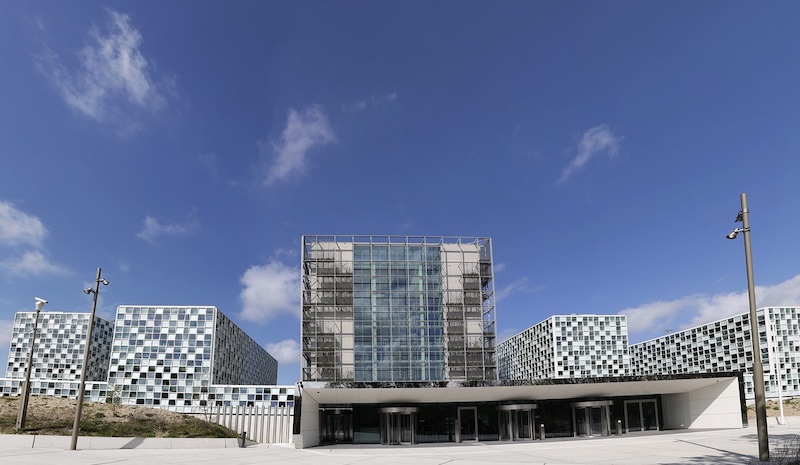ICC affirms its jurisdiction in the case against ex-President Duterte

MALAYBALAY CITY (MindaNews / 24 October) – The International Criminal Court (ICC) has affirmed its jurisdiction in the case of crime against humanity of murder against former President Rodrigo Duterte.
In a 32-page decision dated October 23, ICC Pre-Trial Chamber 1 Judges Iulia Antoanella Motoc, Reine Adélaïde Sophie Alapini-Gansou and María del Socorro Flores Liera rejected the defense’s argument that the court has lost its jurisdiction over the case because the prosecutors opened a formal investigation into the “drug war” killings only in September 2021, or two years after the Philippines’ withdrawal from the Rome Statute became fully effective in 2019.
The judges ruled that Article 127 of the Rome Statute must be read in a way that “balances the right of a state to withdraw from the Statute and the risk of a State using its right to withdraw to shield persons from the jurisdiction of the Court.”
The Duterte camp made a last-minute argument in their 2023 appeal that Article 127 should not be interpreted to extend the Office of the Prosecutor’s power to request an investigation even after a state had withdrawn from the statute.
As cited by the PTC judges in their decision, the defense argued that “[n]o interpretation of Article 127(2) can trump the plain language of Article 12(2), which requires that, as a ‘pre-condition to the exercise of jurisdiction’, a State be contemporaneously a party to the Rome Statute.”
“The Defence further avers that article 127(2) of the Statute, in particular its reference to ‘any matter which was already under consideration by the Court’, cannot apply to matters under consideration by the Prosecutor, such as a preliminary examination.”
But the judges ruled that the case was already under its consideration even before the Philippines’ formal withdrawal.
States can’t “abuse” their right to withdraw from the Rome Statute “by shielding persons from justice in relation to alleged crimes that are already under consideration,” they said.
The judges also rejected the defense’s argument that “the preliminary examination is too informal in nature to encompass a matter that is ‘under consideration’ by the Court. As argued by the Prosecution, the preliminary examination is a statutory process which is a necessary precondition to seeking authorization for the commencement of an investigation.”
“Far from ‘trumping’ the Court’s jurisdictional regime,” they said, Article 127(2) “is an essential part of it in respect of a State that has withdrawn.”
“It also guarantees that the right of a State to withdraw from the Statute is respected, while ensuring that it is not able to abuse that right by shielding persons from justice in relation to alleged crimes that are already under consideration by the Court in a manner that undermines the object and purpose of the Statute and the specific terms of withdrawal set out in article 127(2) of the Statute to which a State agrees at the time that it ratifies the Statute,” they added.
“For all of the above reasons, as a result of the Prosecution’s preliminary examination having commenced prior to both the Philippines depositing its written notification of withdrawal from the Statute and the date on which that withdrawal became effective, the Chamber finds that the Court can exercise its jurisdiction in the present case over the crimes alleged against Mr Duterte that were committed on the territory of the Philippines while it was a State Party. The jurisdictional regime set out in Part 2 of the Statute continues to apply to this case as if the Philippines were still a Party to the Statute, so as to ensure that, pursuant to article 127(2) of the Statute, the withdrawal of the Philippines from the Statute “shall not […] prejudice in any way the continued consideration of any matter which was already under consideration by the Court prior to the date on which the withdrawal became effective,” the conclusion of the decision says.
The decision could finally pave the way for a full-blown trial for Duterte for alleged crimes linked to his administration’s bloody “war on drugs.”
His lawyers have argued that the former President is unfit to stand trial, alleging poor health.
The ICC has assigned doctors to check on his health condition.
Earlier, the ICC rejected Duterte’s appeal for interim release, saying he remains a flight risk. (H. Marcos C. Mordeno/MindaNews)



No comments:
Post a Comment